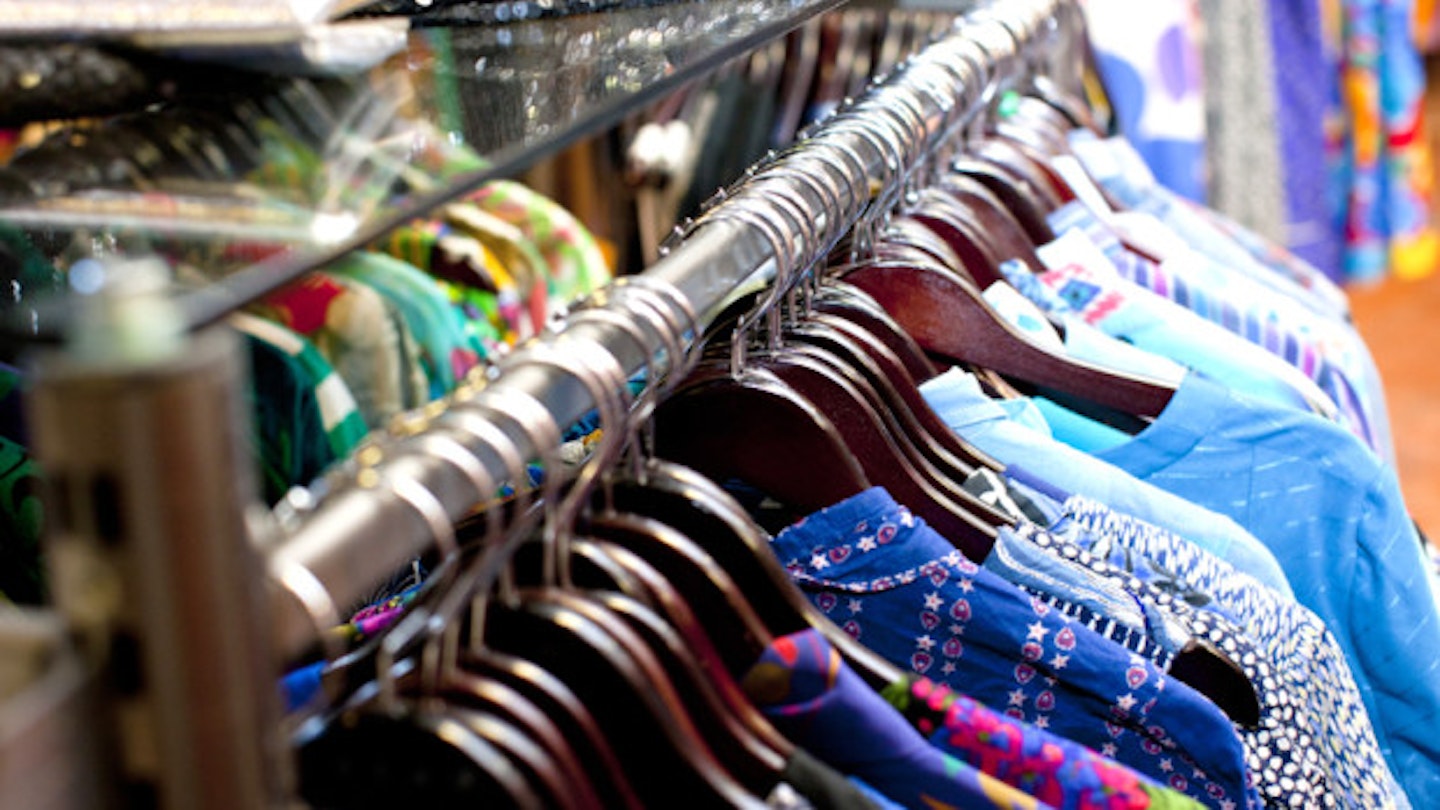Right now, I’m assembling my dream SS14 wardrobe on Pinterest. It’s full of the dumbest and most extravagant summer buys (hiya, Givenchy pool slides), extracted from Net-a-Porter, Topshop and all the usual suspects. At some point this week, I’ll revisit my Pinterest board, sigh wistfully – and then close the browser. Getting to the checkout stage isn’t an option: window shopping online is about the closest I get to actually to purchasing anything off my wishlist.
I’m not alone in my wishful thinking, either. A new study from the youth-focused research firm The Intelligence Group has found that us millenials (as in, people between 14 and 34 years of age) are constantly shopping, whether that’s online, in-store or on social media – we’re just not buying anything. Welcome to the new shop-around generation, or as the study dubs it, ‘fauxsumerism’.
‘Previous generations were raised with different values,’ explains Jamie Gutfreund, an insights analyst with Intelligence Group. ‘There was a huge focus on owning status goods because it was the only way to demonstrate your style. Now you can say on Pinterest you like the latest Rag & Bone item, but you don’t necessarily have to buy it. It’s as much about digitally representing your style personality as it is about owning something.’
After polling 1,300 millenials, Gutfreund found that 36% reported that they’d only buy things they deemed absolutely ‘necessary’. Instead, they were content to curate their fantasy buys on their Tumblr, Instagram or Pinterest accounts.
‘You had the recession and people got used to spending less,’ Gutfreund explains. ‘At the same time, there was an explosion of sites like Pinterest, which allow consumers that same thrill of shopping, without having to leave their homes and spend money, and being able to do that 24/7. They’re more about buying what they need, not what they want.’
Gutfreund believes that the rise in fauxsumerism is a global one: young people from Beijing to London are also tightening the purse strings. ‘It’s a millennial movement that’s not just country-specific,’ she explains. ‘The world is much flatter and fashion trends are much more fluid across borders, so it’s definitely a UK thing too.’
The appeal of faux shopping doesn’t come as a surprise to Joanna Christie. She works at an uber-chic fashion start-up called Lyst, which lets people curate and share fantasy shopping list online. ‘While in the “real world” it can be daunting to walk in a Louis Vuitton store or through the Celine concession in Selfridges, in the virtual world of commerce you can do exactly that without any feelings of insecurity,’ she says.
Fauxsumerism might be bad news for brands. After all, a thousand reblogs isn’t quite the same thing as selling out your stock. But hey, we’ve lived through the worst recession in 100 years and we’ll probably be paying off our student loans until we’re 50 – so allow us our fantasy wishlists and preposterous hopes, OK? We might be surviving off beans on toast, but at least we’re living the Kim K lifestyle online.
This article originally appeared on The Debrief.
